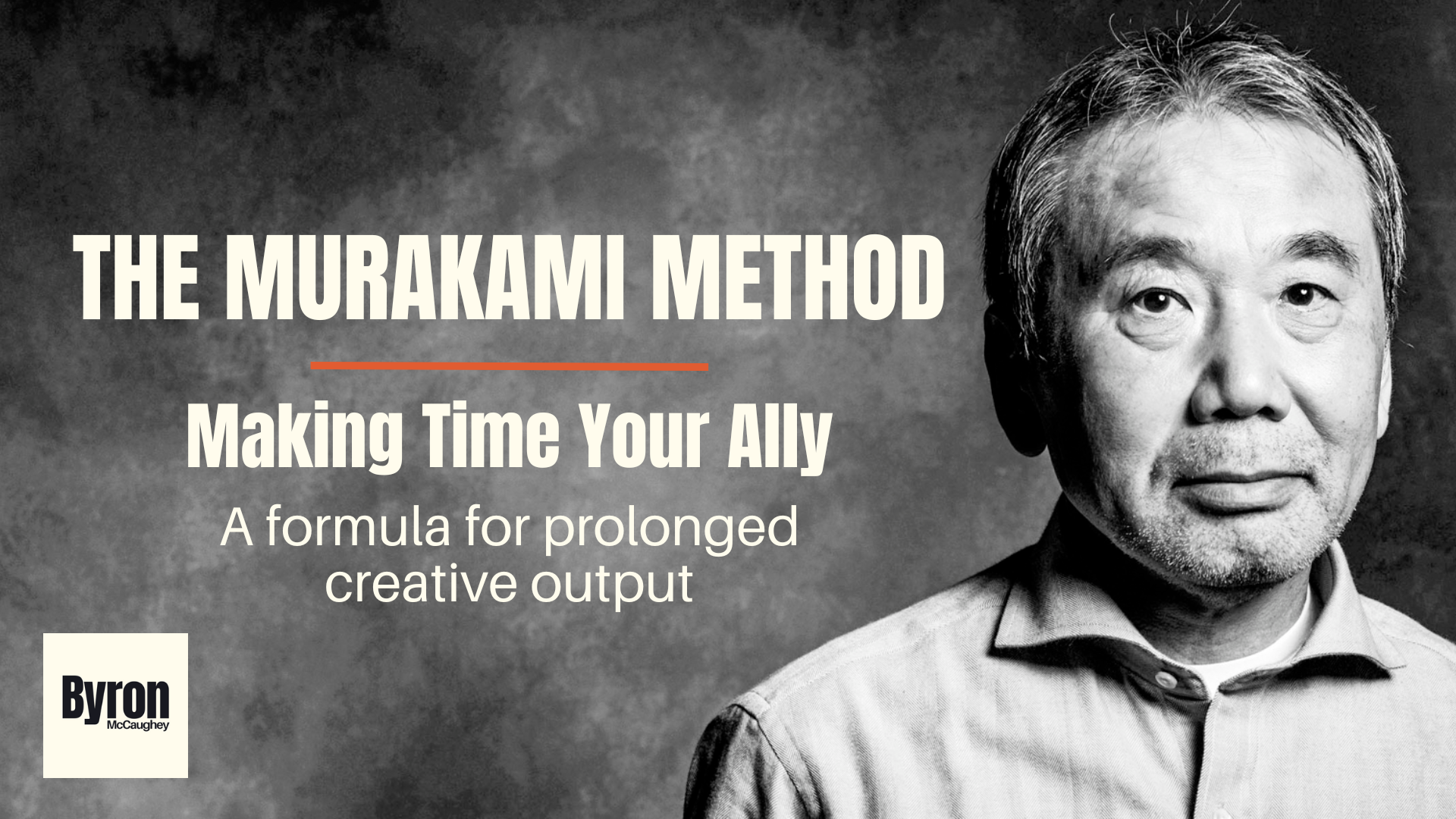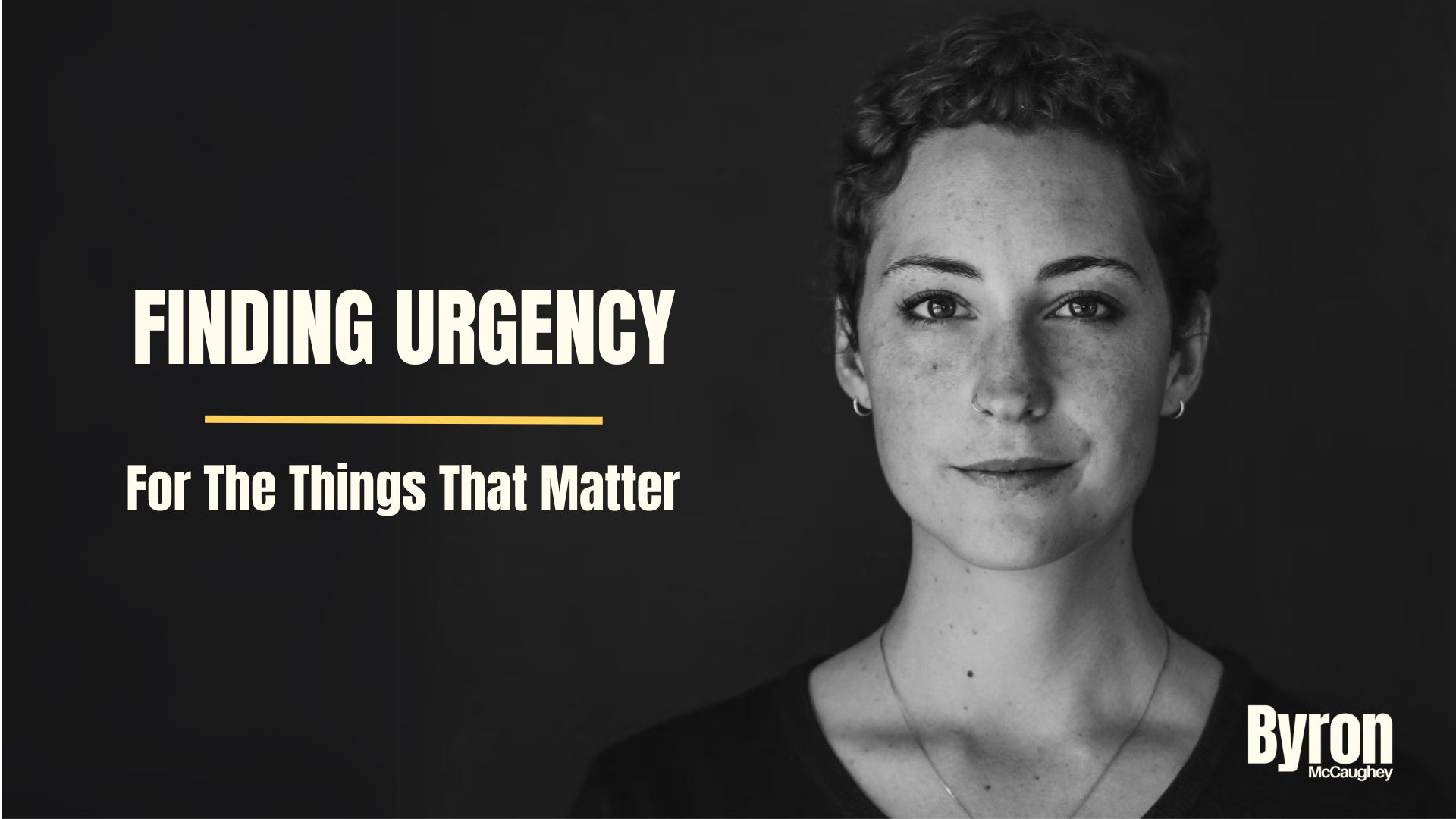Madison Keys has won her first Grand Slam, defeating world No. 1 Aryna Sabalenka to claim the 2025 Australian Open title. But this victory was far from a foregone conclusion.
It wasn’t just about facing the top-ranked player in the world in the final—it was about overcoming a battle she had once lost within herself.
The Weight of Expectations
Rewind nine years to the 2017 US Open final, the last time Keys had a shot at a Grand Slam title. She was the favourite against unseeded Sloane Stephens. But instead of rising to the occasion, she crumbled—losing 6-3, 6-0 in a match where she never found her rhythm.
Reflecting on that loss, Keys later admitted:
“During that match, I was so consumed with being nervous and the moment and the opportunity and all of that, that I never really gave myself a chance to actually play.”
She had fought the stress, resisted the nerves, and in doing so, had been swallowed by them.
The Power of Acceptance
Fast forward to Melbourne in 2025, and the stakes were just as high. Another Grand Slam final. Another defining moment. But this time, there was a crucial difference: Keys didn’t try to push away the nerves—she embraced them.
“I think the big thing for me has just been knowing that there are going to be a lot of moments where I’m uncomfortable in the match,” Keys said after her win.
“You have thousands of people watching you. You might not be playing your best tennis. But instead of trying to shy away from that and search for settling or comfort or anything, just being OK that that’s the situation, and you can also play tennis through that.”
By accepting the nerves instead of resisting them, Keys freed up the mental bandwidth to focus on what truly mattered in that moment: playing her best tennis.
What We Can Learn
Keys’ approach isn’t just for elite athletes—it’s a game-changer for all of us when we step into nerve-inducing situations.
Whether it’s a big presentation, an important sales meeting, or even stepping up to the first tee with your mates, the natural reaction is often to wish the nerves away. But what if, instead, you acknowledged them?
Try this:
- As the moment approaches, say to yourself: “I acknowledge that I’m feeling nervous.”
- Notice how simply recognising the nerves creates space for them, making them feel less overwhelming.
- Remind yourself: nerves don’t have to disappear for you to perform well—they can exist, and you can still show up fully.
Instead of battling nerves, we can learn to work with them. This shift won’t just help you perform better—it will also make the experience far more enjoyable, no matter the outcome.
Part of Short Tales of Psychology—a series about interesting humans and the psychological lessons we can apply to enhance our mental wellbeing and optimise performance.







